
Freedom to Read Timeline
The freedom to read is intertwined with U.S. history, enshrined in the First Amendment and founding ideals of this country.
However, book challenges have also been a recurring feature of American history. Here are a few moments of that history in Cedar Rapids, Iowa, and the country, and of efforts to protect and celebrate the freedom to read.
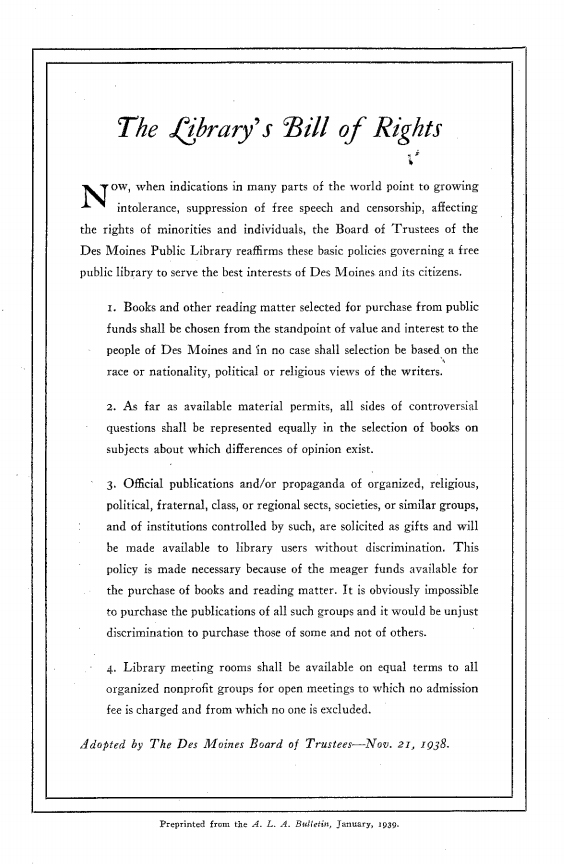
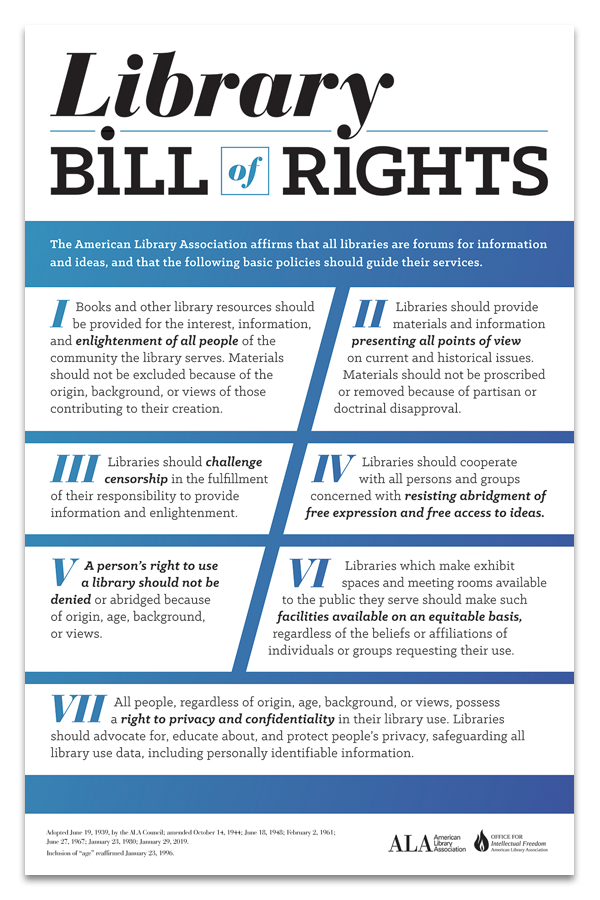
1939: Library Bill of Rights
The American Library Association adopts the Library Bill of Rights in 1939.
First written by Des Moines Public Library Director Forrest Spaulding, the document aimed to counter the “growing intolerance, suppression of free speech and censorship affecting the rights of minorities and individuals.”
The Library Bill of Rights, which has been amended and updated over the years, is still a guiding document for libraries today.
It espouses First Amendment-based principles challenging censorship and affirms the rights of people to freely access books, information, and ideas without prejudice.
1943: CRPL Commemorates Books Burned by Nazis
On May 10, 1943, the Cedar Rapids Public Library participated in a national commemoration of the 10th anniversary of a book burning under the Third Reich.
Books by authors such as Carl Sandburg, Karl Marx, Thomas Mann, and Sinclair Lewis, all banned in Germany, were displayed.
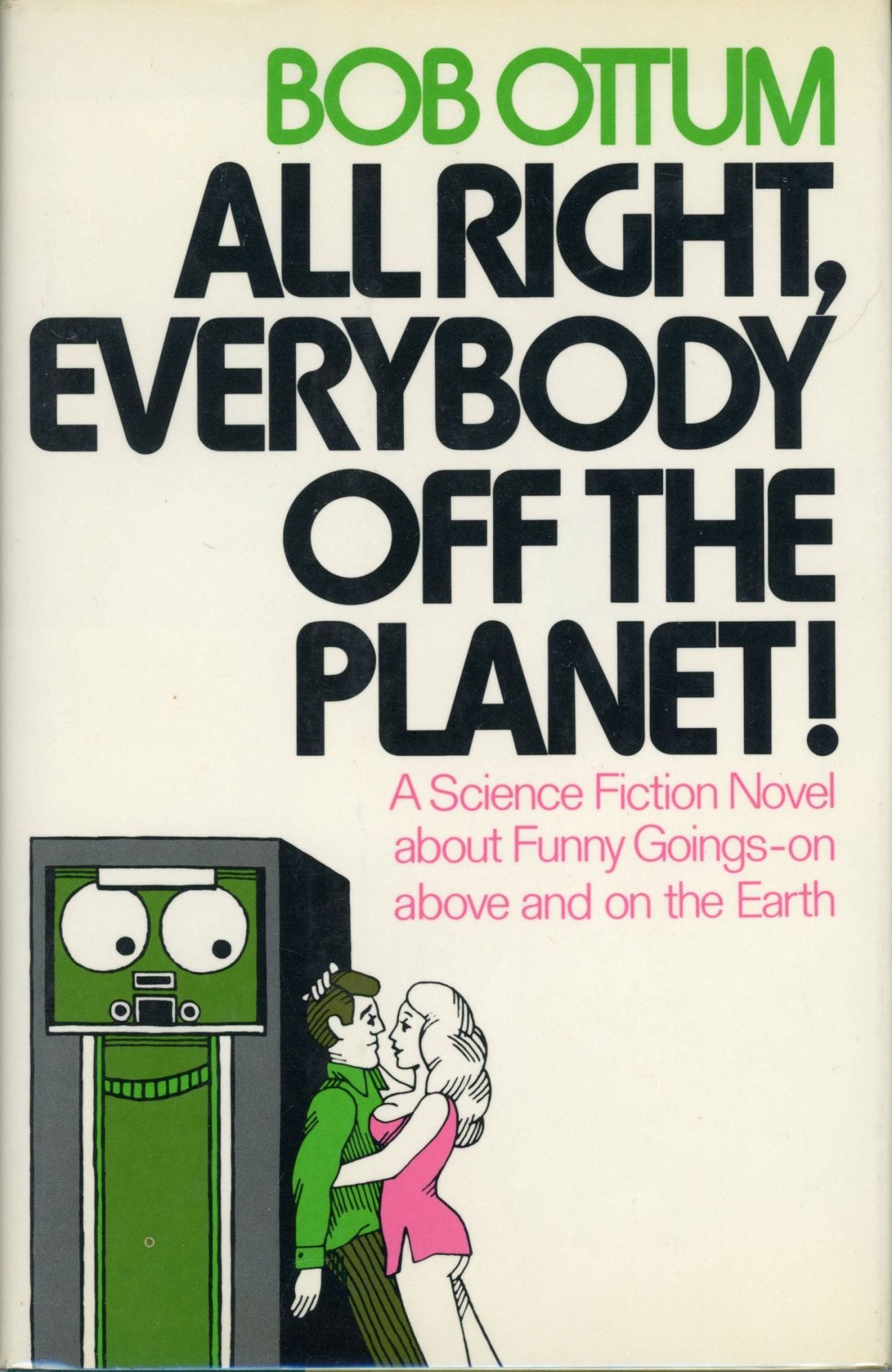


1975: CRPL Receives First Formal Book Complaint
Local resident Donald Witherell challenged the novel "All Right, Everybody Off the Planet!" by Sports Illustrated Senior Editor Bob Ottum.
Witherell called the book “filth” and asserted such books should not be part of the Cedar Rapids Public Library’s collection.
A reconsideration committee concluded it was not pornographic, but rather a parody of pornography, according to The Gazette.
Meanwhile, a Judy Blume book, "Then Again, Maybe I Won’t," was removed from Cedar Rapids Public School elementary libraries in 1977 after a complaint, and the district received complaints on three different Blume books over the following years, The Gazette reported.
1982: Supreme Court Ruling
After a New York school board removed "Slaughterhouse-Five" by Kurt Vonnegut and eight other titles from their junior and high school libraries in 1976, the U.S. Supreme Court ruled the students’ First Amendment rights were violated.
In "Board of Education, Island Trees Union Free School District v. Pico," the Court found that “local school boards may not remove books from school library shelves simply because they dislike the idea contained in those books.”
1982: Banned Books Week
Banned Books Week is launched in response to a sudden surge in book challenges, including the Island Trees Union case.
Held annually, the week seeks to raise awareness of the value of free and open access to information and support the freedom to seek and express ideas.
1985: Book Challenges in Cedar Rapids
The Library Board voted to retain "Forever" by Judy Blume after it was challenged by Timothy Stafford, an administrator at Cedar Rapids Christian School.
The Board formed a committee of Eastern Iowa librarians to study the book. The library had about 45 copies of "Forever," but they were usually all checked out because of the title’s popularity, according to The Gazette.
An additional book challenge came when local resident Mary Bensfield objected to "Through the Window," about a child’s life in 1890s London.
Bensfield said it depicted harsh realities not suitable for young children. She later withdrew her challenge after publicity.
After two challenges in one year, the Library Board updated its reconsideration policies to streamline the process.
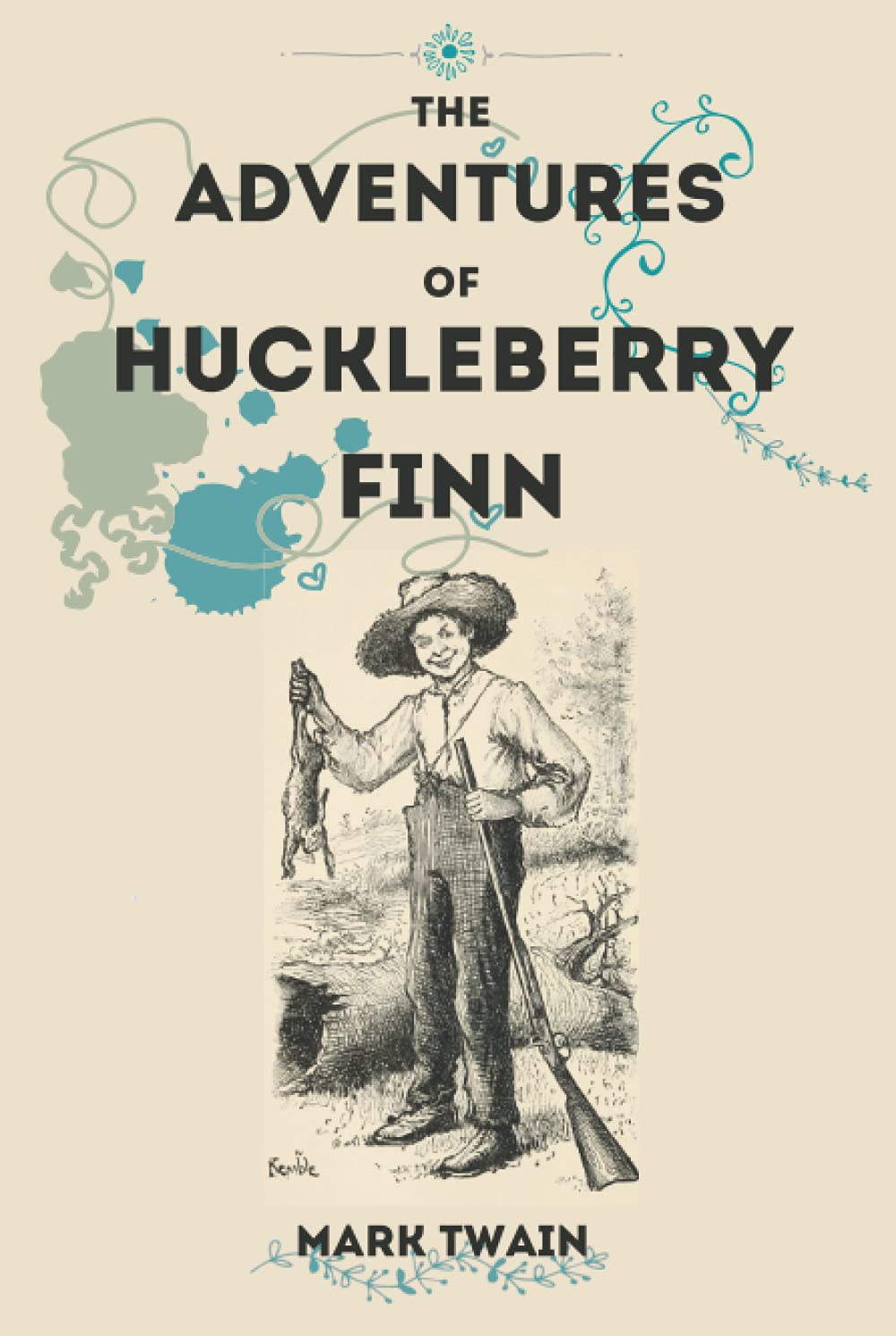
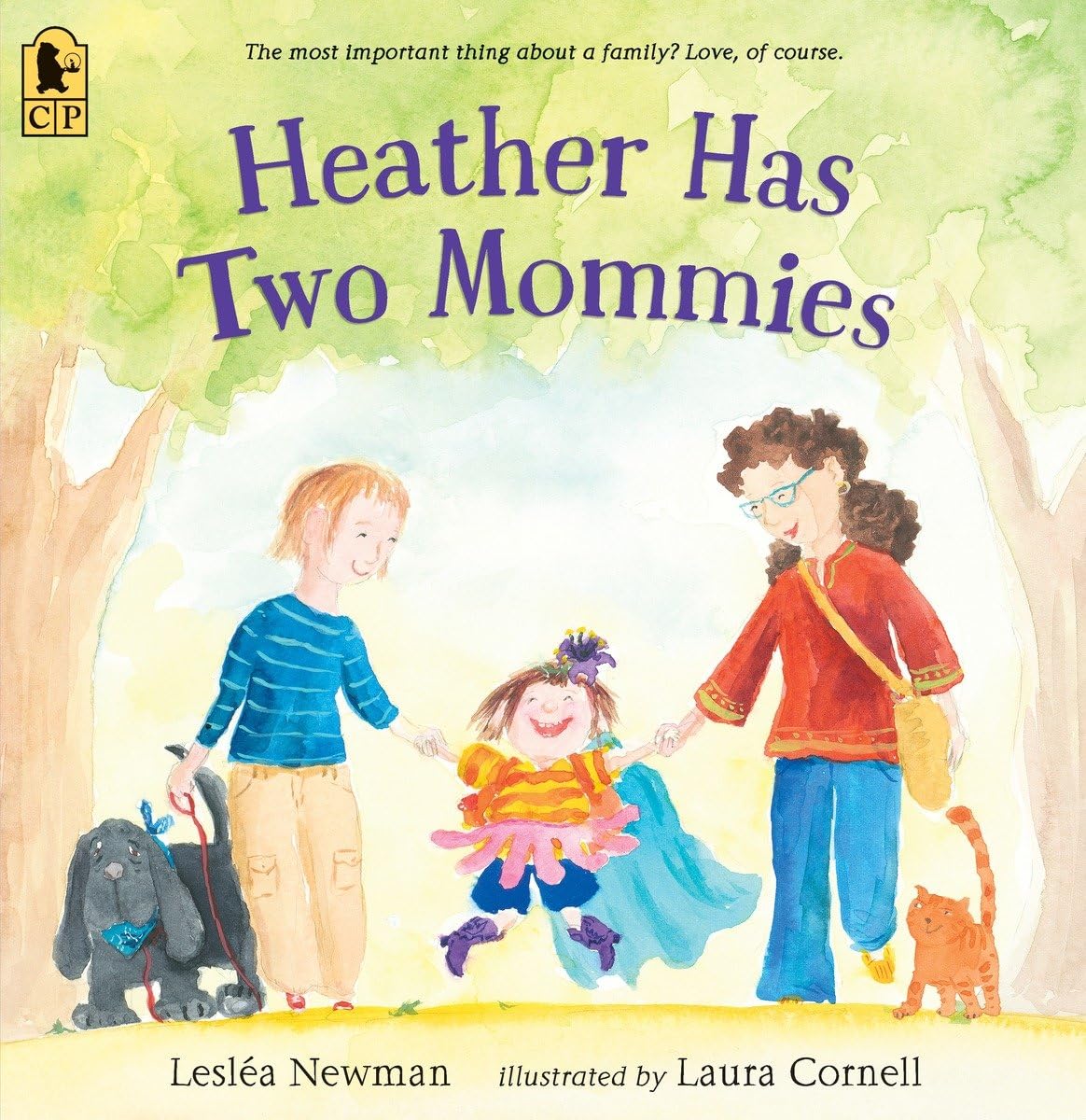

1996: Huckleberry Finn Court Case
A federal judge dismissed a class action lawsuit, "Montecito v. Tempe Union High School District," filed in U.S. District Court in Phoenix, Arizona, alleging the district deprived minority students of educational opportunities by including racially offensive literature, including "The Adventures of Huckleberry Finn" by Mark Twain, in class assignments.
The U.S. Court of Appeals for the Ninth Circuit ruled that requiring students to read literature some found offensive is not discrimination prohibited by the 1964 Civil Rights Act.
Federal courts also overturned book restrictions against "Heather Has Two Moms" and "Daddy’s Roommate" in Texas in 2000, against "Harry Potter" in Arkansas in 2003, and others.


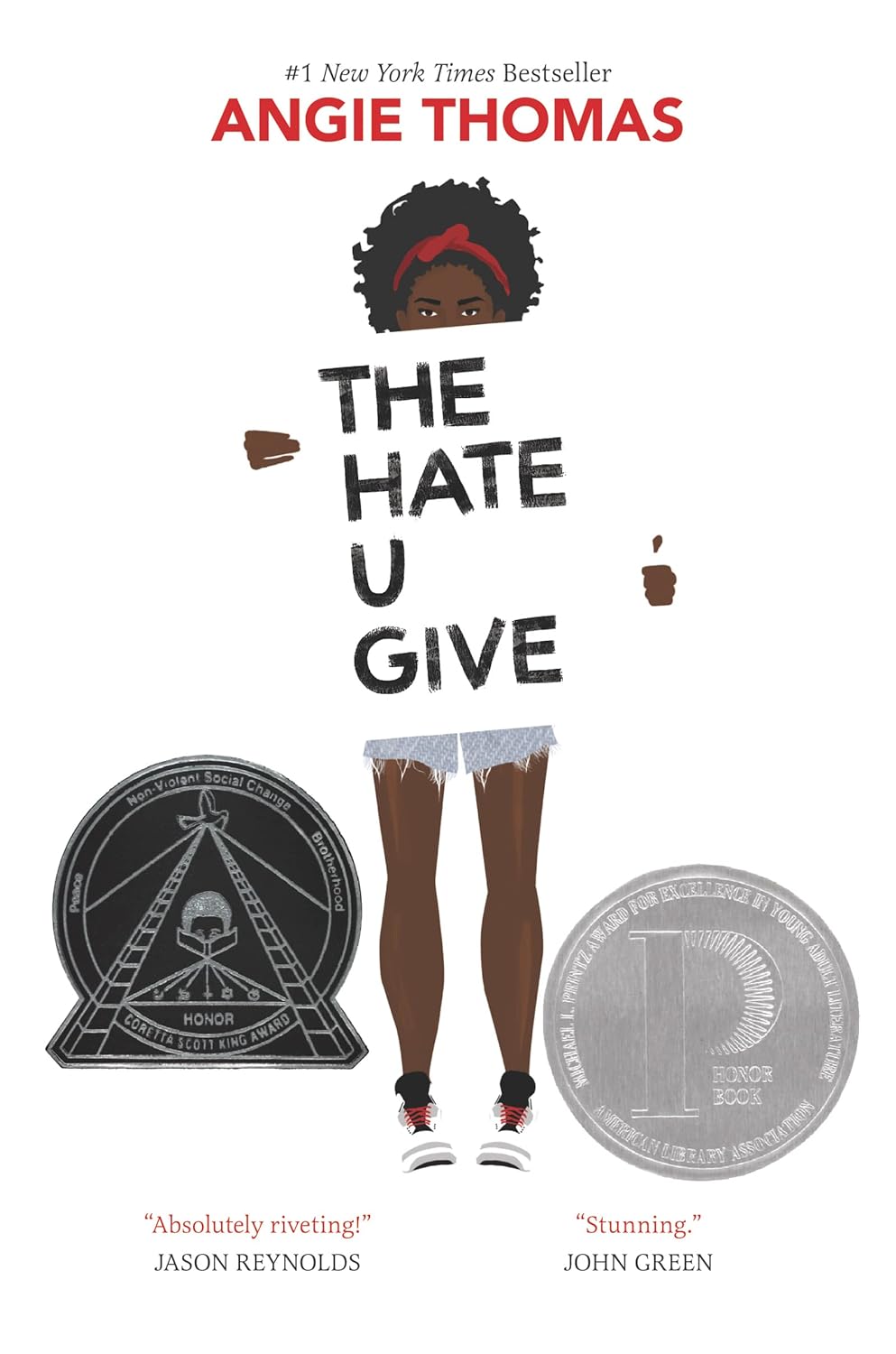
2018: Orange City Book Burning
Religious activist Paul Robert Dorr was convicted of criminal mischief and fined $125 after filming himself burning four children’s books with LGBTQ+ themes from the public library in Orange City, Iowa.
Earlier that year, more than 300 people signed a petition calling for such books to be removed from the library.
2022: Pella Considers Library Take-Over
After complaints about the graphic novel "Gender Queer: A Memoir" being in the library’s collection, the library Board of Trustees, voted to retain the book.
In response, the Pella City Council considered taking over direct management of the town’s public library and usurping the Library Board’s independence. The Council decided not to move forward with the change.
In November 2023, the issue went to voters with a public referendum.
Just over 51% of Pella residents voted against the measure, leaving control of the library with the Board of Trustees.
2022: Vinton Public Library Temporarily Closes
After complaints by members of the public about books with LGBTQ+ topics and homophobic comments about employees at the Vinton Public Library between 2020-2022, two library directors resigned, and other staff left.
With just one employee left, the library temporarily closed before reopening with limited hours until a new director was hired.
2023: Iowa Legislature Passes SF 496
In 2023, the Iowa Legislature passed SF 496, a bill requiring public schools remove books with “descriptions or visual depictions of a sex act,” excluding religious and health texts.
The law also prohibits instruction about sexual orientation and gender identity through sixth grade.
Several groups sued, including the ACLU of Iowa, authors whose books have been banned, book publishers, the Iowa State Education Association, LGBTQ+ students and their families, and others.
A federal judge placed a preliminary injunction on portions of the law, but in August 2024, an appeals court overturned the injunction and sent the case back to the district court for further proceedings.
The Des Moines Register has documented 3,400 books pulled from schools under the law.
2023: Book Challenges on the Rise
The American Library Association reported a record number of book challenges in 2023, finding challenges of unique titles surged 65% in 2023 compared to 2022, the highest level ever documented.
They documented 4,240 unique book titles being challenged and 1,247 demands to censor library books, materials, and resources in 2023.
Titles representing the voices and experiences of LGBTQ+ people and people of color made up 47% of those targeted for censorship.
Pressure on public libraries is rising. The number of titles targeted for censorship at public libraries increased by 92% over the previous year, accounting for about 46% of all book challenges in 2023.
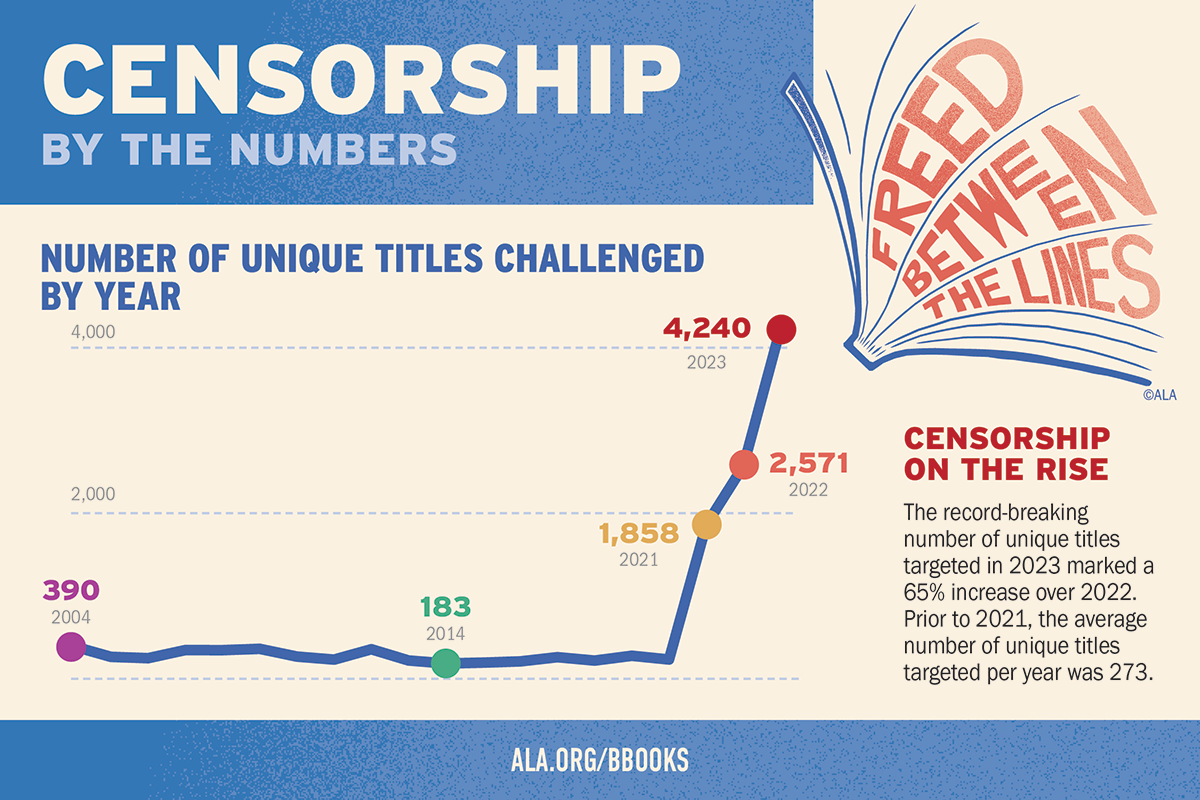
2024: SF 496 Litigation Continues
On December 29, 2023, the United States District Court for the District of Southern Iowa partially grants a preliminary injunction, enjoining the enforcement of the book ban and the sexual orientation and gender identity provisions of SF 496.
In January 2024, the state of Iowa filed an appeal of the preliminary injunction in the Eighth Circuit Court of appeals.
On April 18, 2024, the League of Women Voters of Iowa (LWVIA) and One Iowa filed an amicus brief urging affirmance of the preliminary injunction.
In May 2024, the Eighth Circuit issues an order pausing proceedings in the case while the appeal of the preliminary injunction proceeds.
In August 2024, a three-judge panel of the Eighth Circuit Court of Appeals reverses the district court, lifting the preliminary injunction and allowing the enjoined provisions of SF 496 to go into effect. The opinion returns the case to the district court for further proceedings and allows plaintiffs to continue pursuing an injunction under a different legal analysis.
In October 2024, plaintiffs file an amended complaint asserting provisions of HF 496 on school libraries, discussing gender identity or sexual orientation, and reporting of students for expressing gender identity are unconstitutional under the First Amendment, Fourteenth Amendment, and Equal Access Act of 1984.
In May 2024, the district court partially grants plaintiffs' a preliminary injunction. The ban on "detailed explanations" or "normative views" on gender identity and sexual orientation in mandatory instruction in grade six or under is upheld. Schools must allow students in sixth grade or below to join student groups like Gender Sexuality Alliances if they so choose and teachers may advertise such groups. The requirement that schools notify parents when their child requests to be addressed with a different pronoun is upheld, but no notification is required for other requested accommodations of gender identity.
In September 2024, LWVIA and One Iowa file a second amicus brief.
Third Highest Number of Challenges
In 2024, ALA recorded the third highest number of book challenges since tracking began in 1990. ALA documented 821 attempts to censor library books and other materials in 2024 across all library types, a decrease from 2023, when a record high 1,247 attempts were reported. ALA recorded attempts to remove 2,452 unique titles in 2024, which significantly exceeds the average of 273 unique titles that were challenged annually during 2001–2020.
The 2024 data reported to ALA’s Office for Intellectual Freedom (OIF) shows that the majority of challenges are now originating from organized movements. Pressure groups and government entities that include elected officials, board members and administrators initiated 72% of demands to censor books in school and public libraries. Parents only accounted for 16% of demands to censor books, while 5% of challenges were brought by individual library users.
